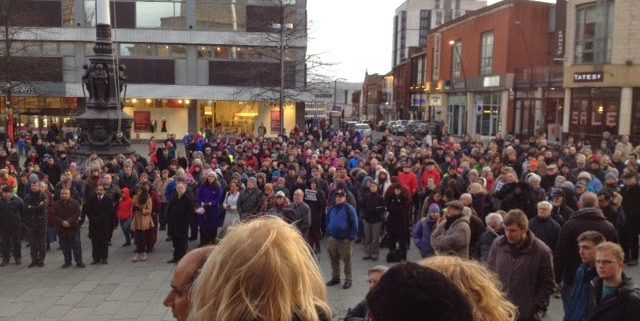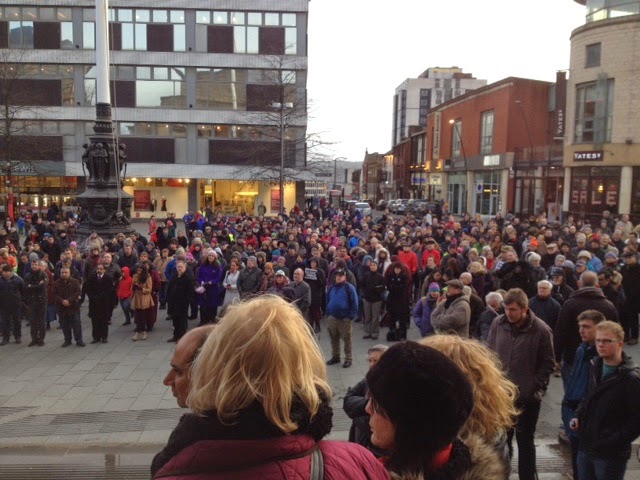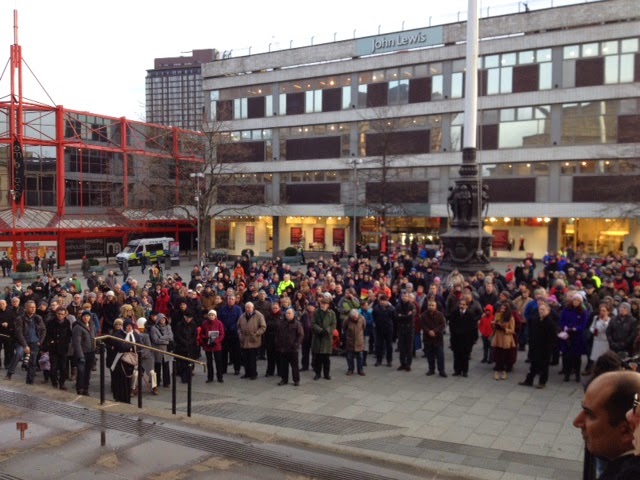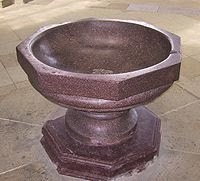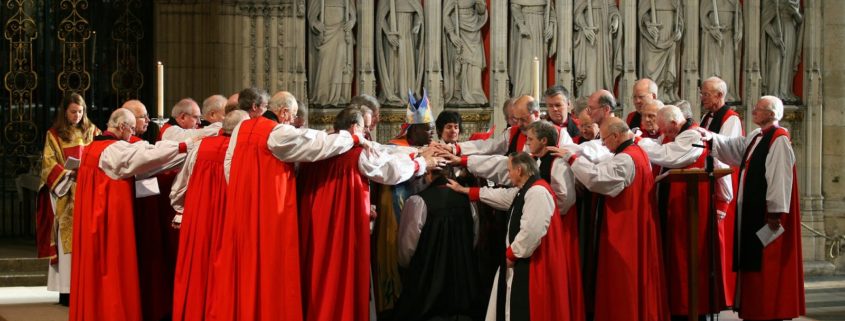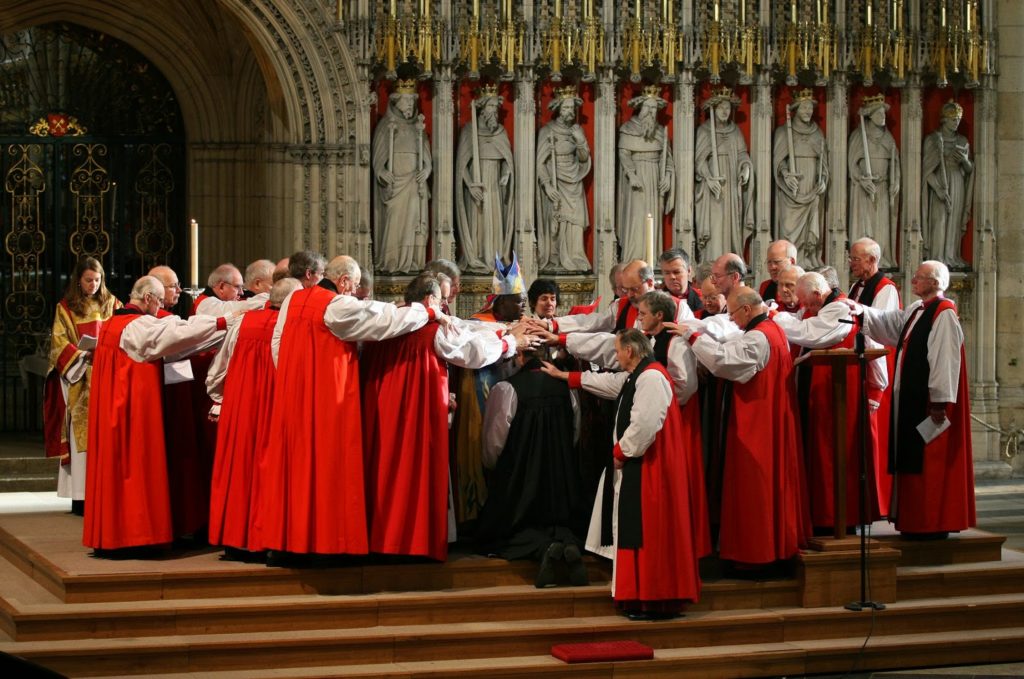A new conversation
Developing Discipleship aims to renew and deepen a conversation about discipleship across the Church of England.
The conversation will begin in General Synod when we meet in February. I hope it will happen in local churches and in dioceses in the coming months.
At the February General Synod, the paper will provided a context for the important conversation and debate about the reports from the four Task Groups to be published later this week.
Living as disciples
Jesus calls us all into a rhythm of life which is about loving God and loving our neighbours as ourselves.
That rhythm begins with our baptism whether as children or adults. It’s deepened and sustained as we gather for the Eucharist and sent out into God’s world.
Discipleship is not simply about learning but about service, about dedicating our whole lives to God’s glory. The whole Church is called to be and to become a community of missionary disciples
For that reason, we need set our reflection on discipleship at the heart of all we do.
The call to grow the Church is a call to make disciples, who will live out their faith in the whole of their lives.
The call to serve the common good is a call to every Christian disciple to make a difference in their home, in their workplace, in their wider community.
The call to re-imagine ministry needs to begin with the call to every Christian to live out their baptism, their lifelong commitment to Christ.
What next?
I hope the paper will provoke debate. It’s certainly stirred up some interesting and passionate conversations while its been in development. The paper has been through several versions following discussions in the House of Bishops and and the Archbishops Council. I had to tear it up and start again more than once.
The final result is far from the last word. However, I hope it will be useful to parishes and dioceses as well as to the General Synod.
There are three main recommendations. The first is to commend Ten Marks for Developing Disciples to parishes and to Dioceses. These have been developed by the Education Division, the Ministry Division and Mission and Public Affairs as a follow up to research in dioceses. The second is to deepen the conversation. The third, to the House of Bishops, is to commission new work on revising the catechism, a much neglected summary of discipleship and what Christians believe.
But the main focus of the paper is the need for the Church of England to take more seriously the call to all of us, lay and ordained, to be and to become a community of missionary disciples called to love God, to love one another and to love God’s world.
+Steven Sheffield
The Developing Discipleship paper can be read here.
A transcription of the video is available here.
The discussion forum on the Developing Discipleship can be found on the Church of England website here.

